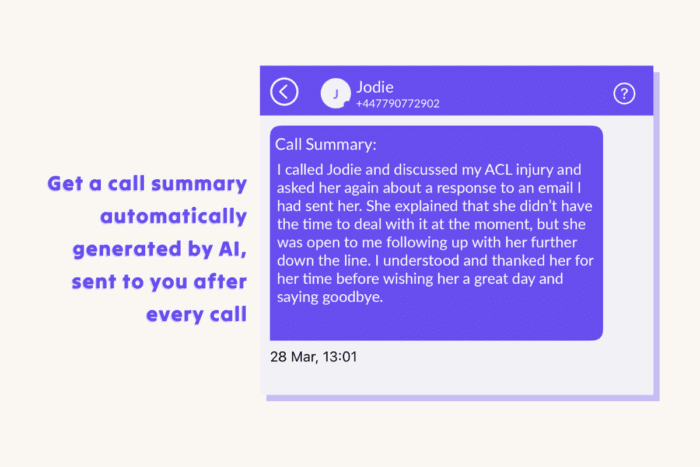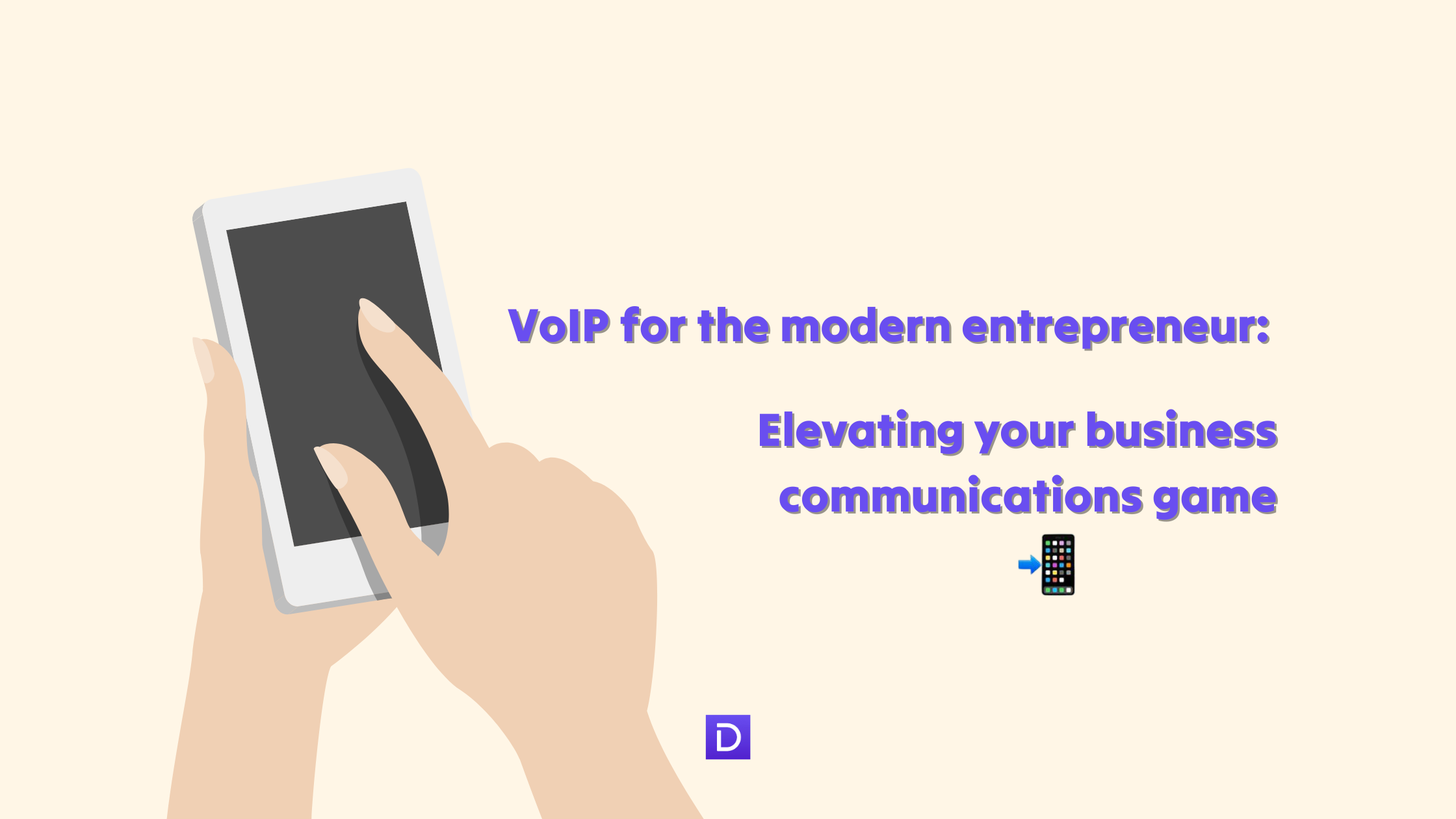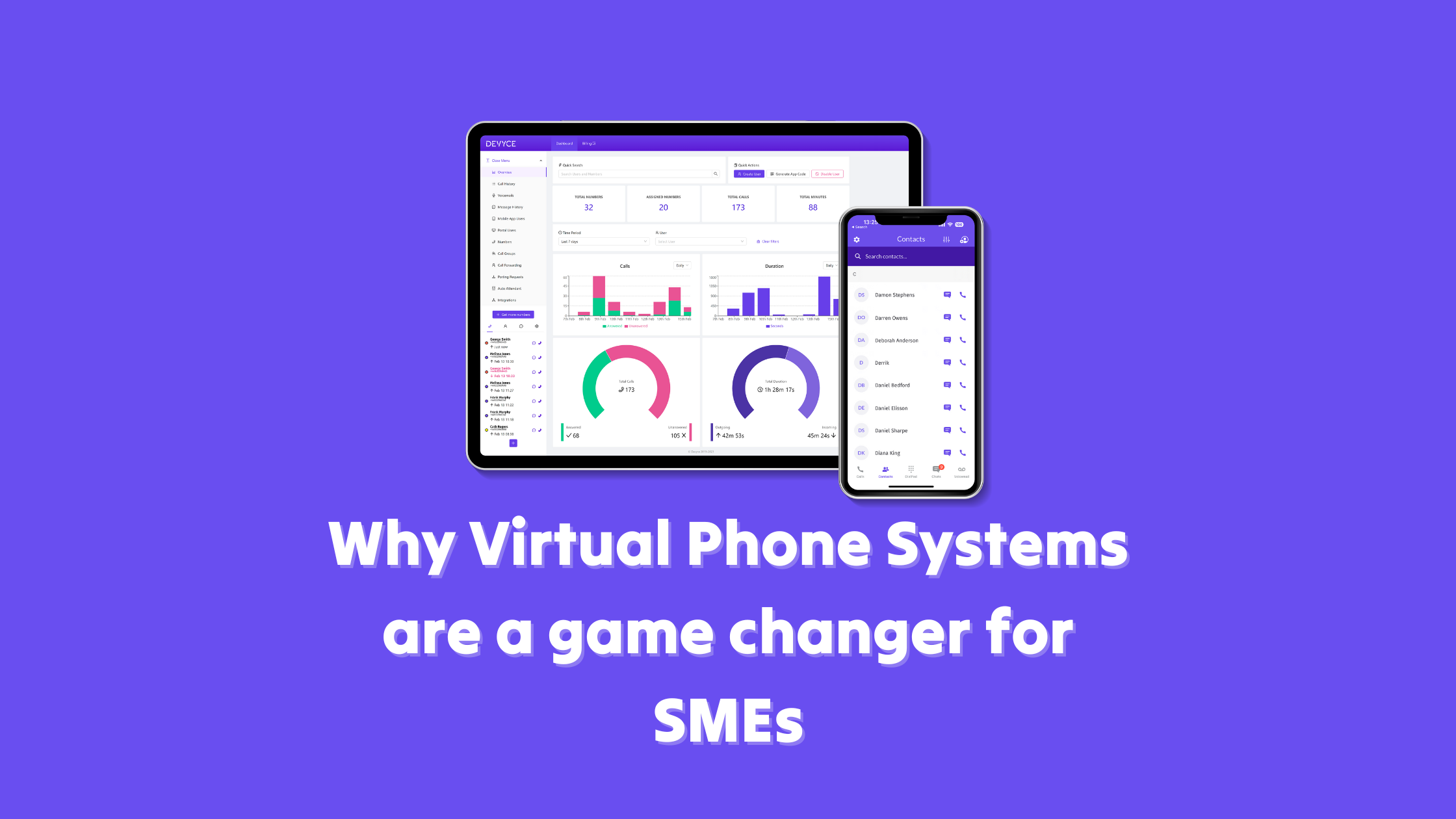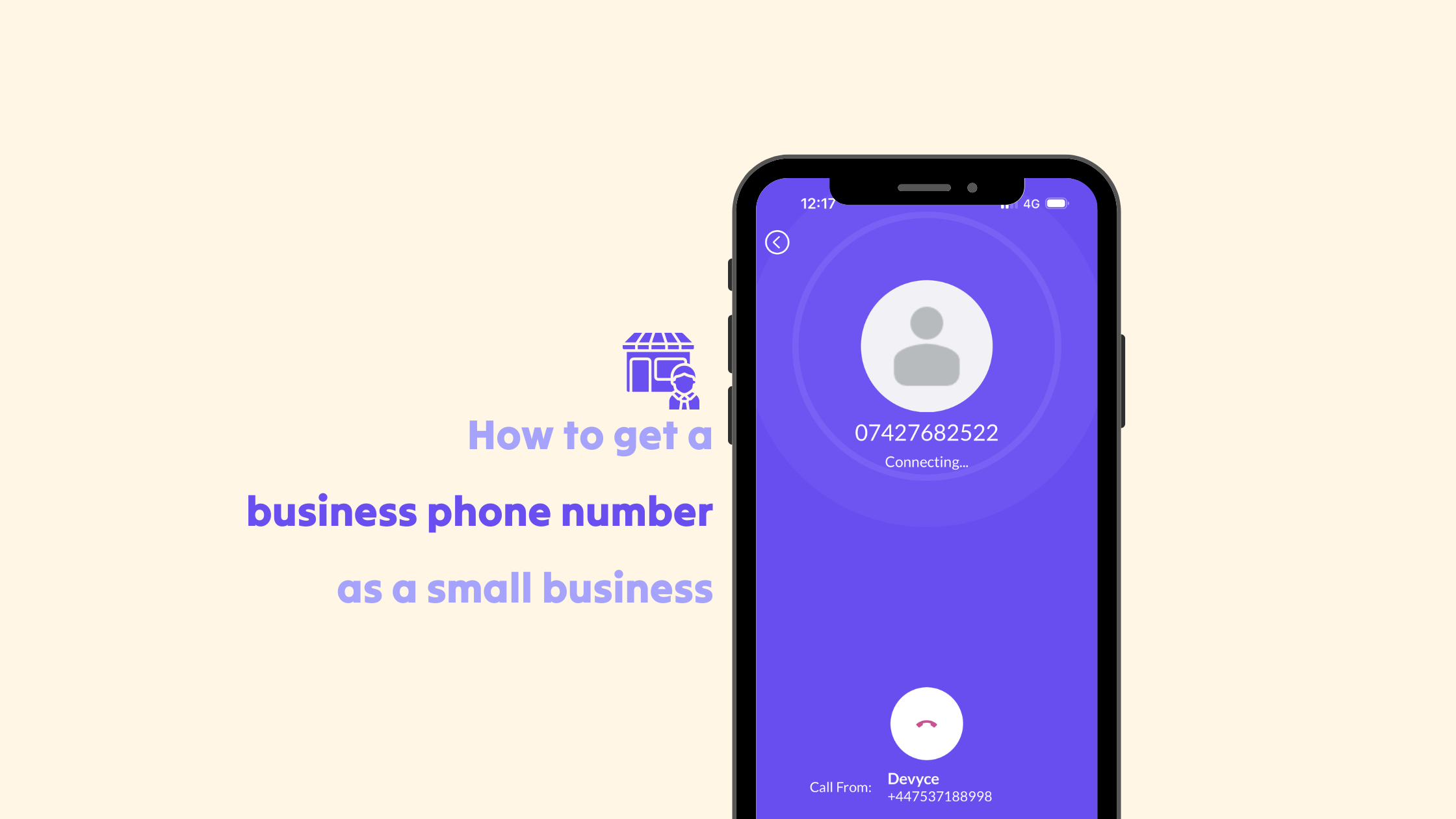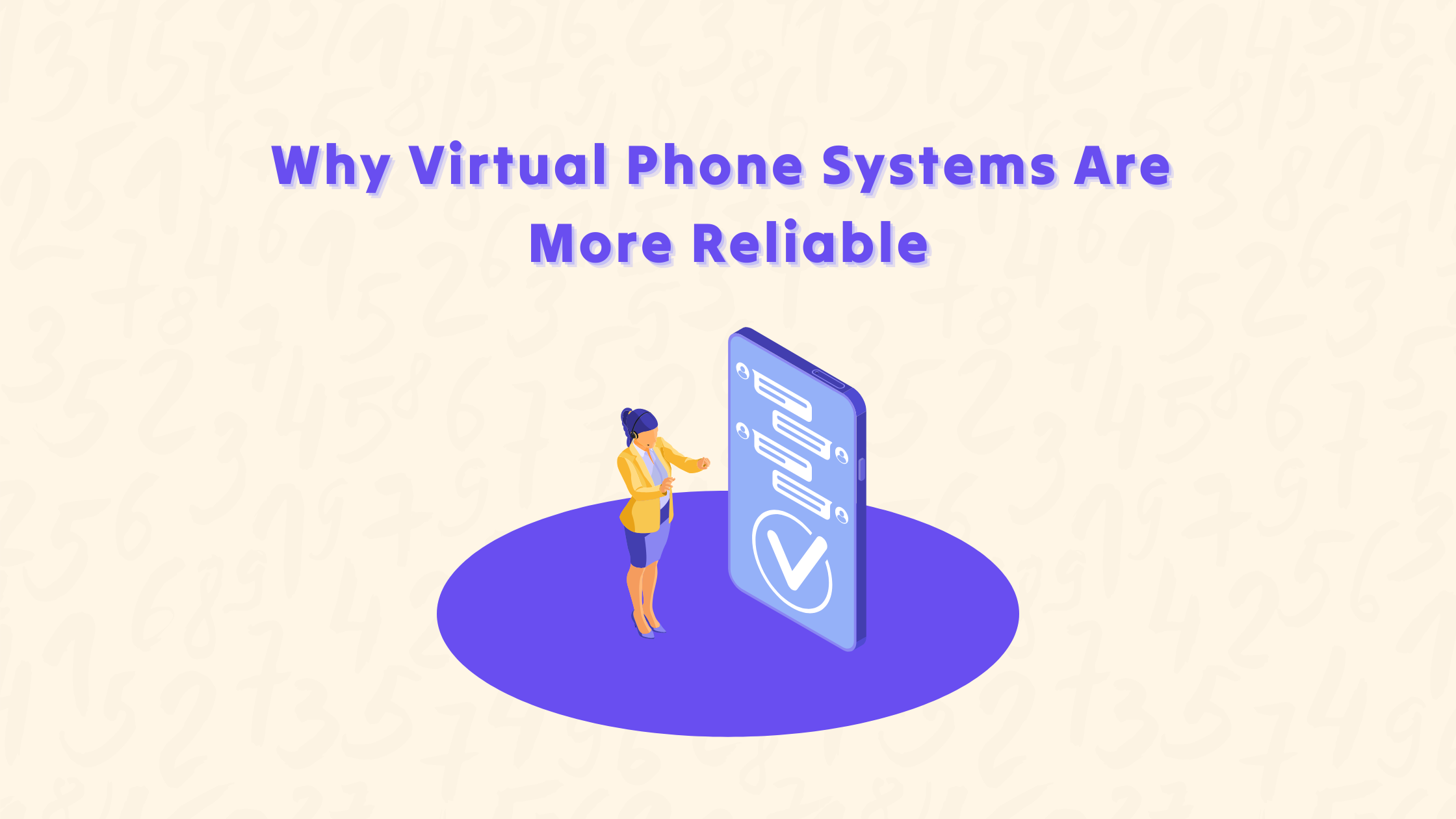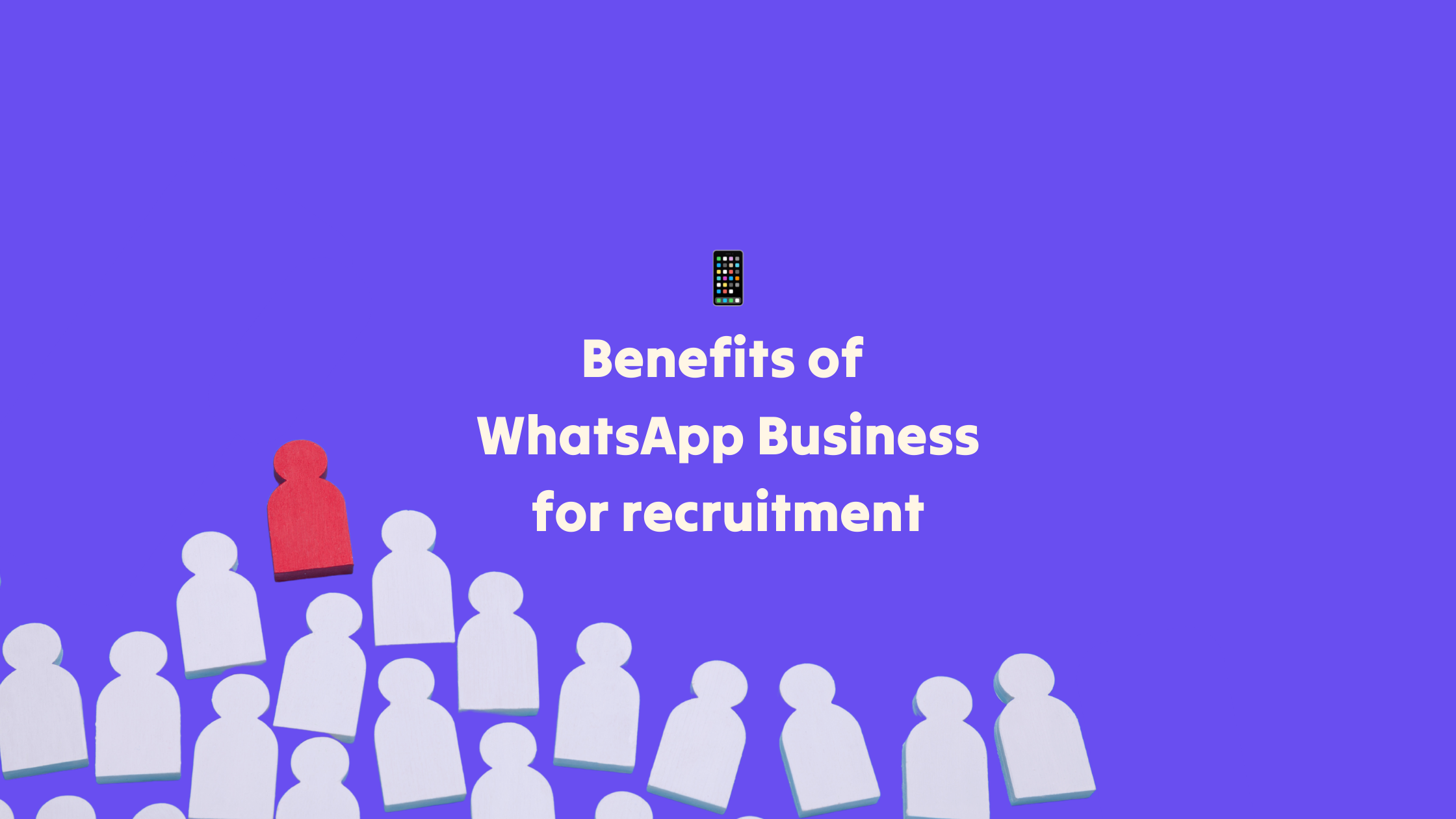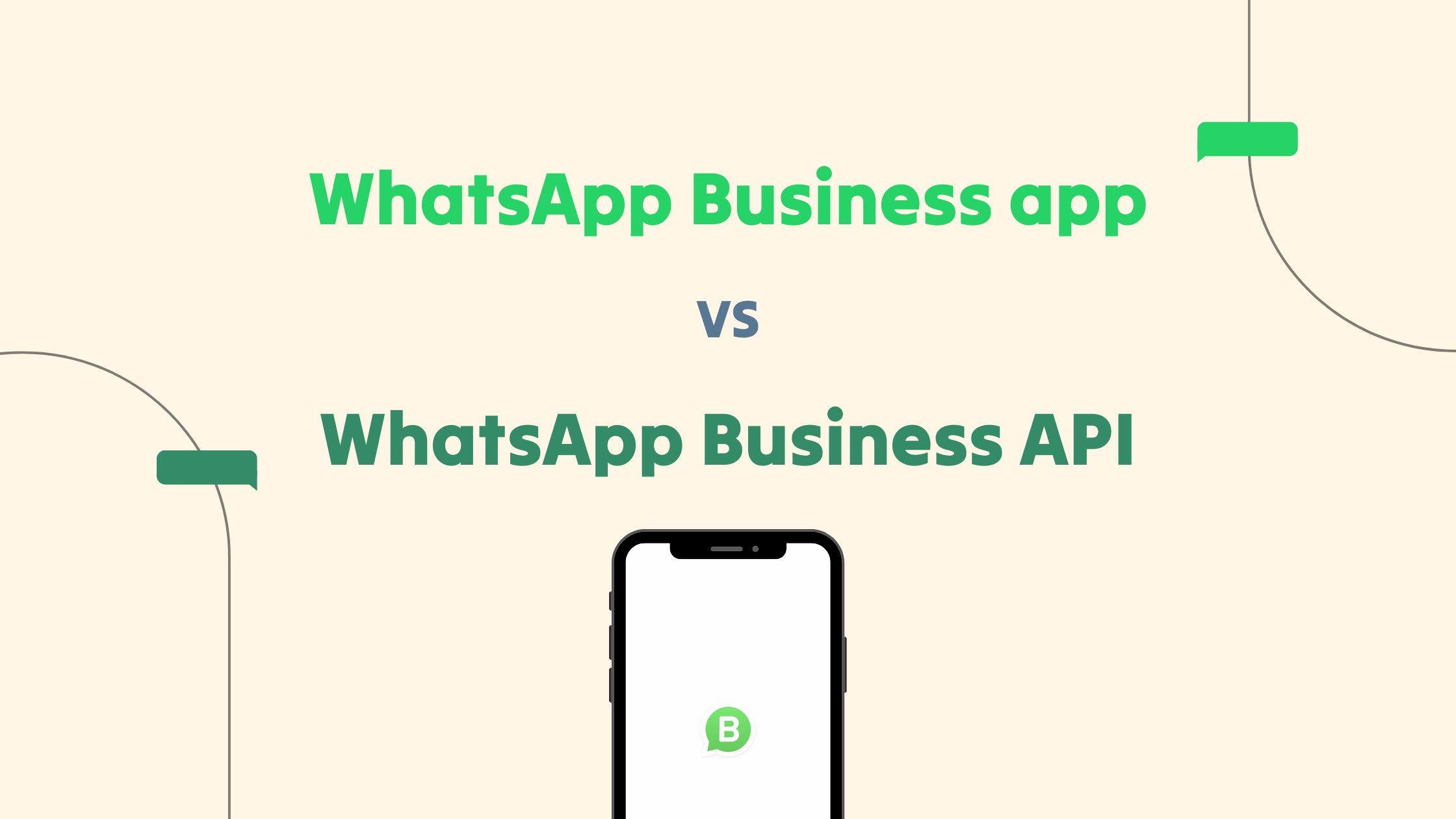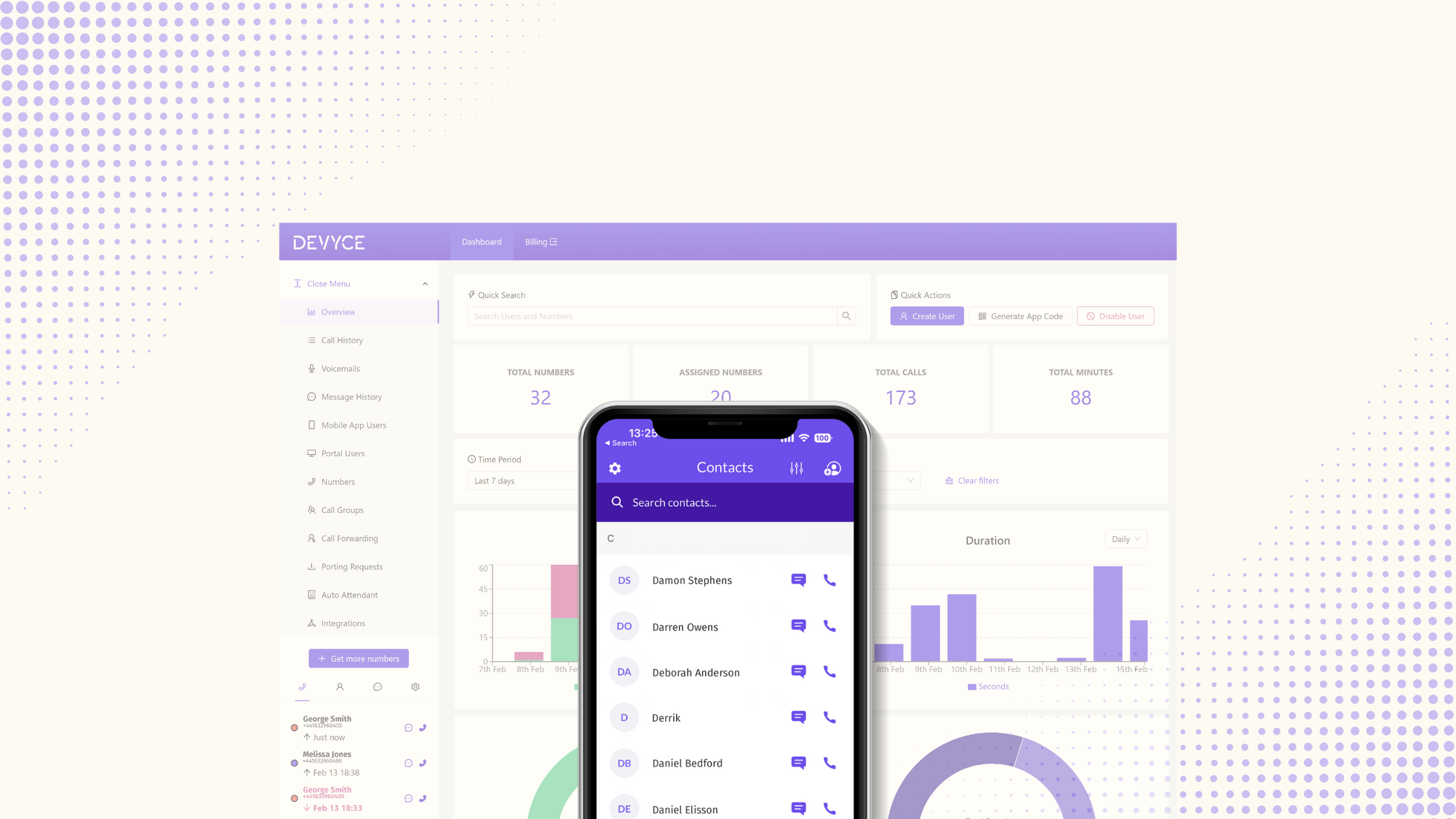Starting a Business in the UK: 12 Things You’ll Need
| By Kim Hoang | 0 Comments

Setting up a business can be a complicated process, especially if you aren’t familiar with the inner workings of a business. We’ve compiled a list of 12 essential things to check off when you start your business, ensuring you get a smooth start to building your business.
1. Business Idea
It goes without saying, you’ll need a solid business idea before you set up a business. There are endless possibilities to build on however it’s essential to consider the viability of your vision, whether there is a demand for it, and whether there is an opportunity to expand on it. It’s also important to consider whether the idea is something that aligns with your interests and knowledge/skillset. If you build on an idea you don’t fully believe in, your business will fall through very quickly.
2. Business Plan
The next step will then be to draw up your business plan. This needs to be quite comprehensive and cover areas like short & long term goals, target market, competition scope, marketing strategy, financial projections, and operational details. These plans won’t be concrete and will almost definitely change as you embark on your journey. However, it’s essential to have a very clear idea of how your business will grow in the first year so you know where to start.
3. Market Research
Once you’ve created a plan, you’ll need to do a lot of research into your chosen market. The research needs to be extensive as you’ll need to gather as much information as you can on your target audience, competitors, industry trends, and customer needs. Doing this research can be tedious as we know you’ll be excited to get started as soon as possible. However, it’s important to get a good grasp on the market to validate your idea, understand how to position your company in the market, and how to market your product.
4. Legal Structure
After doing the research, you’ll then need to determine the legal structure of your company. This can get quite confusing so we’d recommend consulting with a legal professional for this part if you can. Getting the legal structure right is important for the future of your company. While one option isn’t necessarily better than another, each one has its pros and cons that you’ll need to consider based on your needs. Check out this helpful guide to help determine which legal structure is right for your company.
5. Register Your Business
This involves notifying the government of your business and getting your company incorporated by Companies House. You need to do this in order to have your company be legally recognised. It also ensures you will be paying the correct taxes at the right time. You’ll be able to do this on the gov.uk site. The process is straightforward and should take under 24 hours to complete. Once registered, you’ll receive all the licenses needed to go ahead with building your business.
6. Financing
Assess your short and long term needs, and options for financing. Often when starting a business the initial costs are covered by personal savings however it may be worthwhile looking into the options for financing such as loans or investments from trusted third parties, to get the ball rolling. It’s important to map out the financial plan in order to effectively manage start up costs, operating expenses and cash flow. If you don’t have a solid financial map in place, you risk mismanaging the finances which could lead to your business falling through.
You should also set up a business bank account to separate your personal and business finances. This is important to set up as it will help you to keep track of your business expenses and budgets. Businesses may need a few accounts open so it may be helpful to consult with an accountant.
7. Location and Infrastructure
Depending on the type of business you are creating, you’ll need to determine whether you want to stay online or whether you want physical locations such as office space or brick and mortar stores. You’ll need to factor in the time it will take to find the spaces you need them. If it’s office space, there are a number of options suitable for start ups:
- Home office – best cost effective solution for very small teams
- Shared office spaces – lively spaces which would be good for networking and teams of up to 10 people
- Renting a full office – a more long term solution for larger or growing teams
You’ll have to carefully consider which of these options will work best for you alongside your financing as leases and permits can be a large burner of finances. When it comes to office space, you can always move around and change locations while you are growing the business. Therefore it may be best to start small.
If you require a physical store, there are also a number of options available. Most people may straight away opt for renting out a store in a busy location however, it’s important to do the research into which location your target audience will likely be. You should also consider costs of leasing at the chosen location and any additional costs such as electricity, water etc. These costs can really add up so it requires careful consideration in your business plan.
8. Branding and Marketing
For the creatives out there, this is the fun part – determining your brand identity! You can have a lot of fun with this part and start thinking about how you want to approach your target audience. The research you’ve done on the market will be integral for this part. There are various ways you can approach branding and marketing:
- Doing it in house by yourself
- Working with a freelance marketing expert
- Hiring an inhouse marketing manager
- Working with a marketing agency
This will all depend on your finances and business goals so you’ll need to evaluate how each option fits into your plans to determine which is the best option for you.
9. Staffing and Human Resources (HR)
Even if you aren’t planning to hire anyone in the short term, it’s important to factor this into your plans. You’ll need to determine the budgets you have for salaries and the HR procedures. Having this in place will make onboarding smoother both for you and your employees. Some HR procedures to determine are: hiring, training, payroll, compensation packages and legal compliance. The best way to do this is to research industry standards eg. if you are planning on hiring a sales development representative, look up the standard salary, benefits packages etc and compare it to your company’s capacity in order to determine what you are realistically able to offer. Once you’ve mapped this out, you can get to hiring your first staff!
10. Technology and Systems Set Up
You’ll need to determine the hardware and software needed to effectively run your business. This can be from computers/laptops to HR management software or your phone system. You can then begin investing in these products and setting them up. Some things we recommend considering are:
- How will you be handling your business communications? Eg. phone, email etc
- What hardware or software will be essential to your employees/different departments of the business? Eg. laptops, phones
- Long term use of hardware/software – costs, how well it can scale with your business etc
11. Insurance
Assess the insurance needs of your business. You’ll need to factor in the general liability, property needs, professional liability, and workers’ compensation. The best way to go about this is to consult with an insurance expert to ensure you get the appropriate coverage for your industry. It will also help you to mitigate any potential risks in your industry. Once determined, look into choosing the right insurance company that aligns with your business needs and financial plan.
12. Compliance and Regulations
The last pointer to consider is to thoroughly familiarise yourself with relevant laws, regulations, and compliance requirements specific to your industry. It’s important to ensure you adhere to taxation, licensing, data protection, and health and safety regulations. Otherwise this will create problems that can get complicated to resolve later, so it’s best to nail this part of your business right from the start. This is particularly important if you have physical stores as there will be various risks associated that you will need insurance to cover.
After all this… you’re ready to go and introduce your product to the world!
As you’ve probably figured out by now, setting up a business requires careful planning and consideration of various essential components. From developing a solid business idea and crafting a comprehensive business plan to conducting thorough market research and securing the necessary legal and financial foundations, each step plays a crucial role in building a successful venture. By making sure these key aspects are nailed in advanced, you’ll be well-equipped to navigate the exciting journey of starting and growing your own business!
How we can help you
As a small business ourselves, we’re passionate about sharing our knowledge we’ve picked up along the way, to help entrepreneurs on their journey to building their business. That’s why we created Devyce! We’ve learnt for ourselves the importance of flexibility, scalability and cost effectiveness when it comes to investing in the technical infrastructure for your business and created a virtual phone number perfectly suited to companies from startups to medium enterprises. If you’re ready to get onboard with the next generation phone system for your business, we’d love to introduce you to Devyce so, get in touch!

